Doom's enduring legacy is inextricably linked to the evolution of metal music. From its initial thrash metal influences to its modern metalcore sound, the franchise's soundtrack has consistently mirrored its gameplay innovations. This exploration of Doom's sonic evolution reveals a fascinating parallel between the game's development and the broader trends within the metal genre.
The original 1993 Doom, heavily influenced by bands like Pantera and Alice in Chains, boasted a driving soundtrack that perfectly complemented its fast-paced, visceral gameplay. The thrash metal influences of Metallica and Anthrax are evident, creating a relentless energy that propelled players through the game's Martian levels. Bobby Prince's iconic score remains a testament to the synergy between music and gameplay.
Doom 3 (2004), a departure into survival horror, demanded a different sonic landscape. While Trent Reznor's involvement was initially considered, Chris Vrenna and Clint Walsh ultimately crafted a score reminiscent of Tool's atmospheric and complex sound, perfectly matching the game's slower, more deliberate pace. This shift reflected the broader changes in the FPS genre and the metal scene at the time.
The 2016 Doom reboot marked a triumphant return to form, embracing the high-octane energy of its predecessor. Mick Gordon's groundbreaking score, a blend of djent and heavy metal, became instantly iconic, seamlessly integrating with the game's frenetic gunplay. Its impact was so significant that it's almost impossible to imagine the game without it.
Doom Eternal (2020), while also featuring Gordon's work, saw a slightly different approach, leaning further into metalcore, reflecting the prevailing trends of the late 2010s. The soundtrack, though still undeniably heavy, felt somewhat less raw than its predecessor, mirroring the game's incorporation of platforming and puzzle elements.
The upcoming Doom: The Dark Ages presents a unique opportunity. Early glimpses suggest a soundtrack that draws inspiration from both classic and contemporary metal, mirroring the game's blend of classic Doom elements and innovative mechanics. The slower, more deliberate combat, incorporating mechs and mythological creatures, requires a soundtrack that can shift between crushing heaviness and lighter, more agile moments. The influence of bands like Knocked Loose is apparent, but also hints of thrash and even earlier metal styles.
The Dark Ages' soundtrack, composed by Finishing Move, promises a sonic experience that builds upon the series' rich history while embracing the experimental nature of modern metal. This evolution, mirroring the game's innovative gameplay, suggests an exciting future for the Doom franchise and its enduring relationship with the metal genre. The game's combat will remain central, but the soundtrack will undoubtedly play a crucial role in shaping the overall experience.
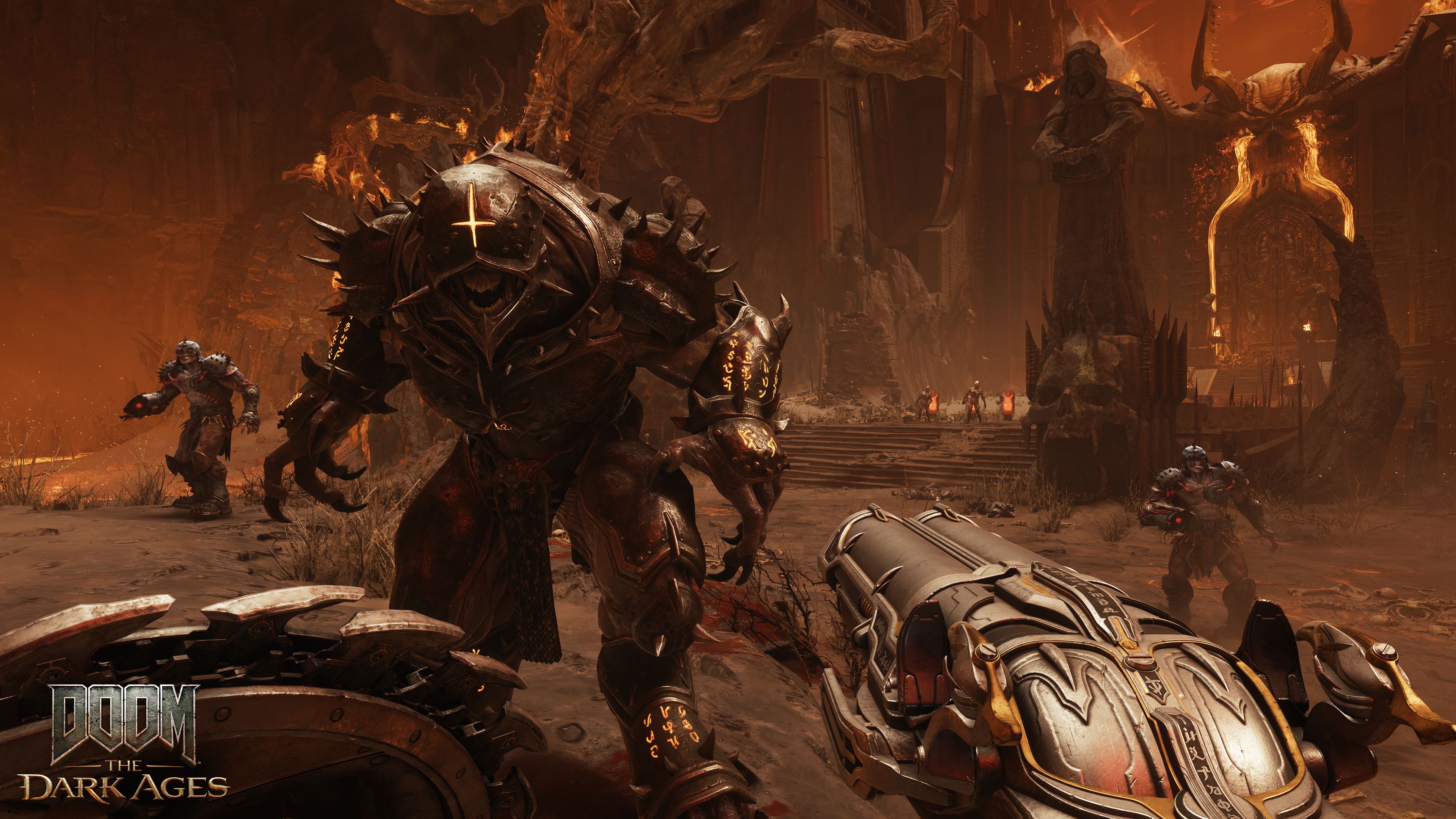
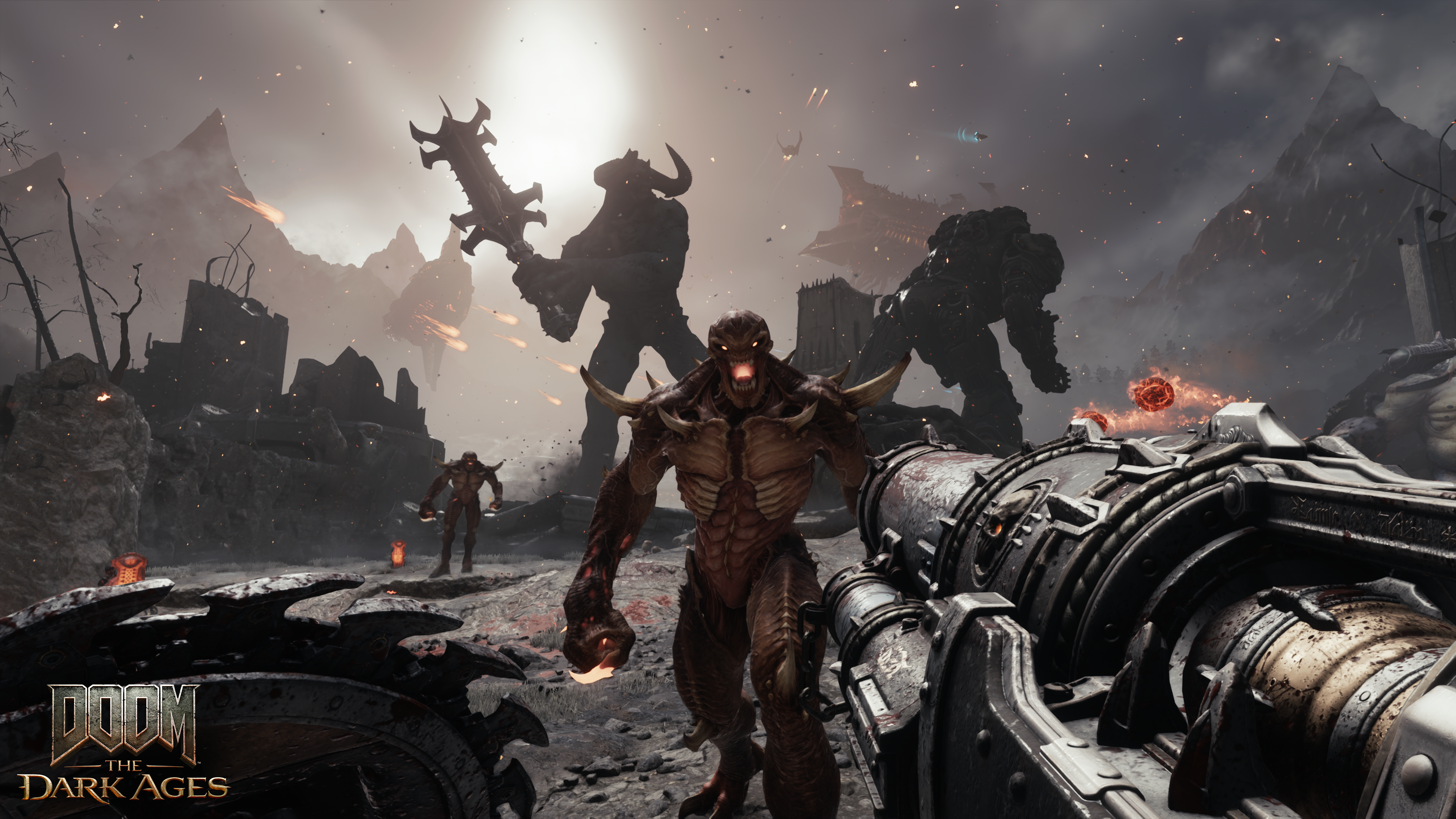
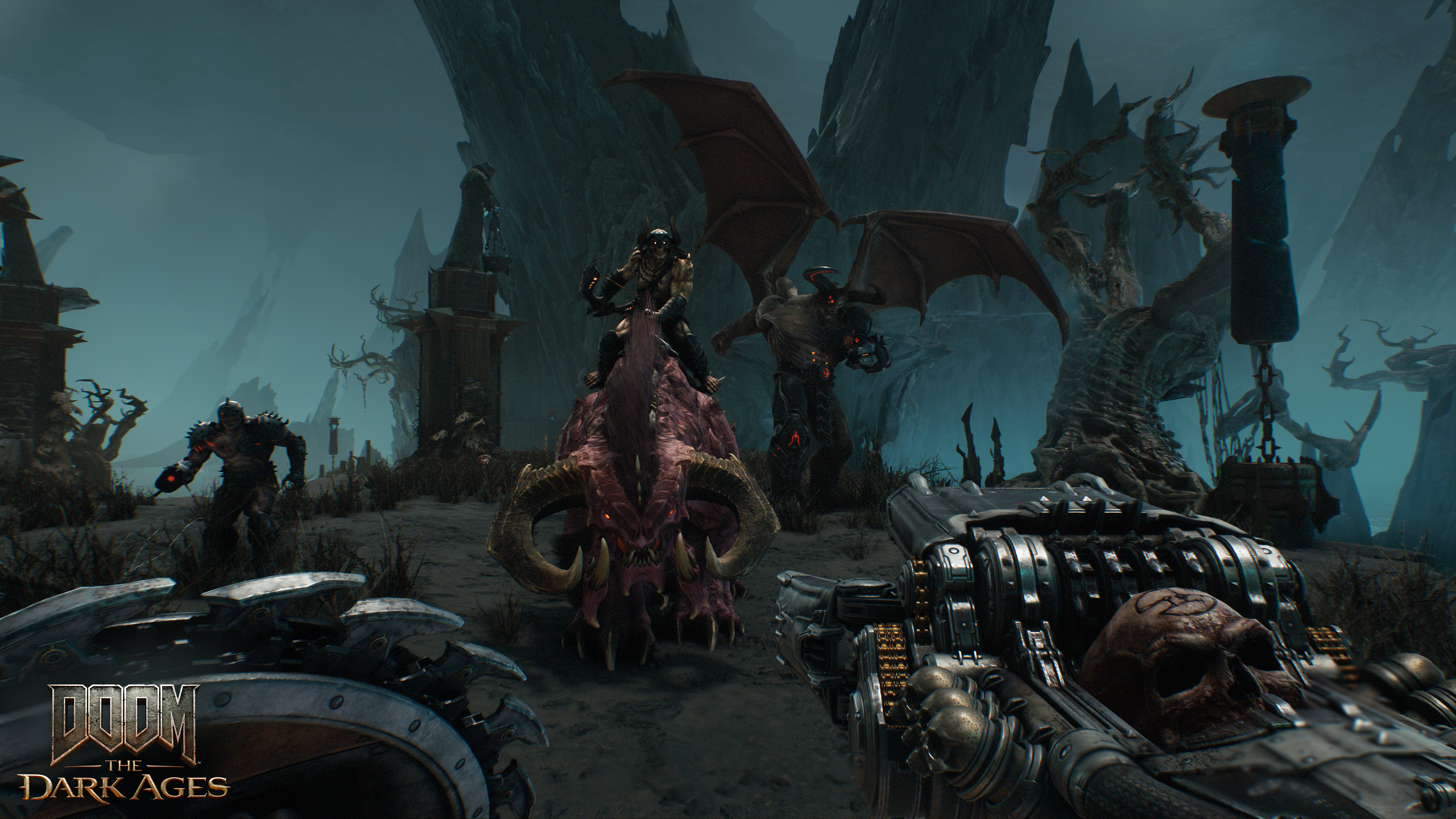
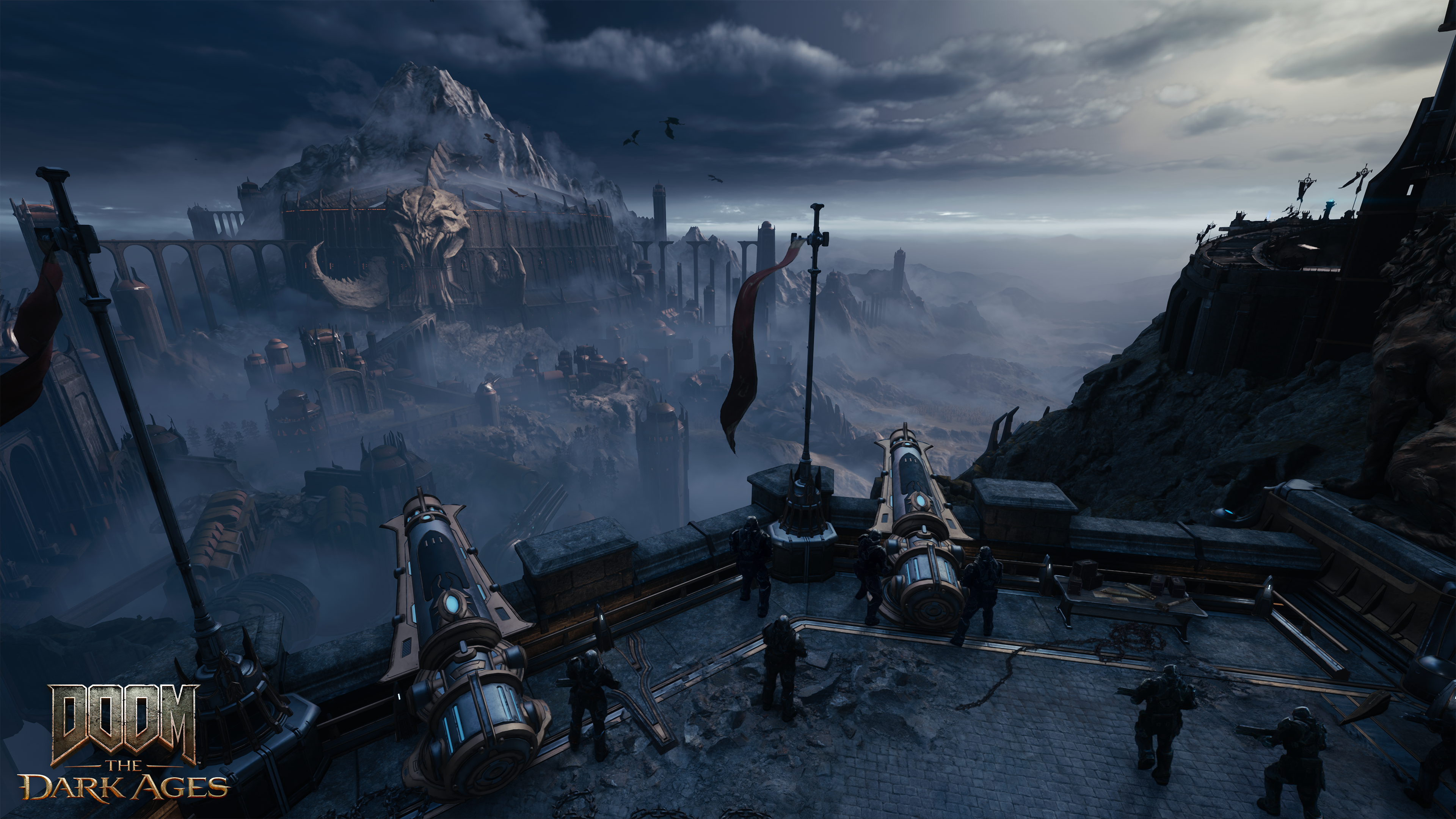
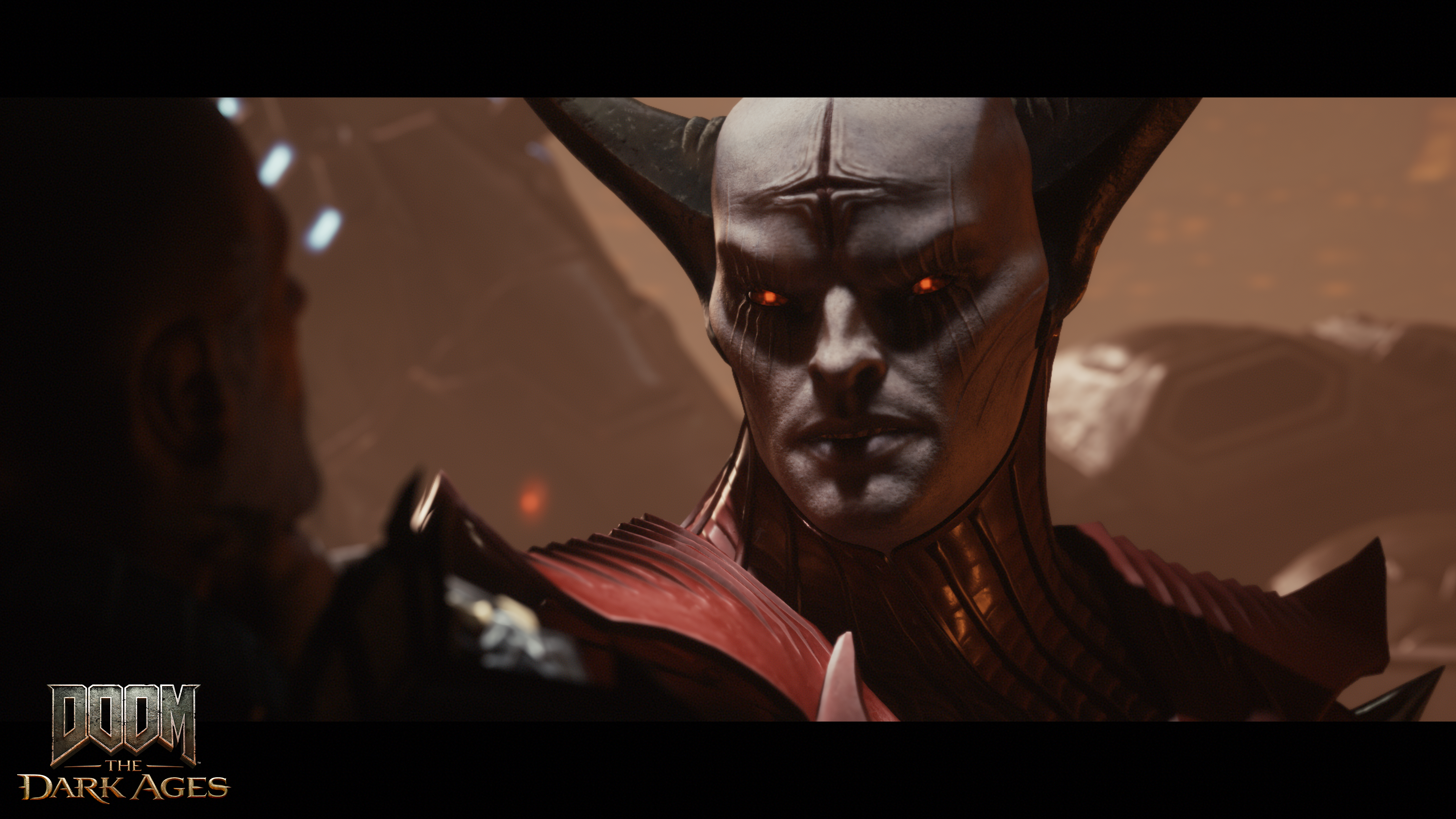
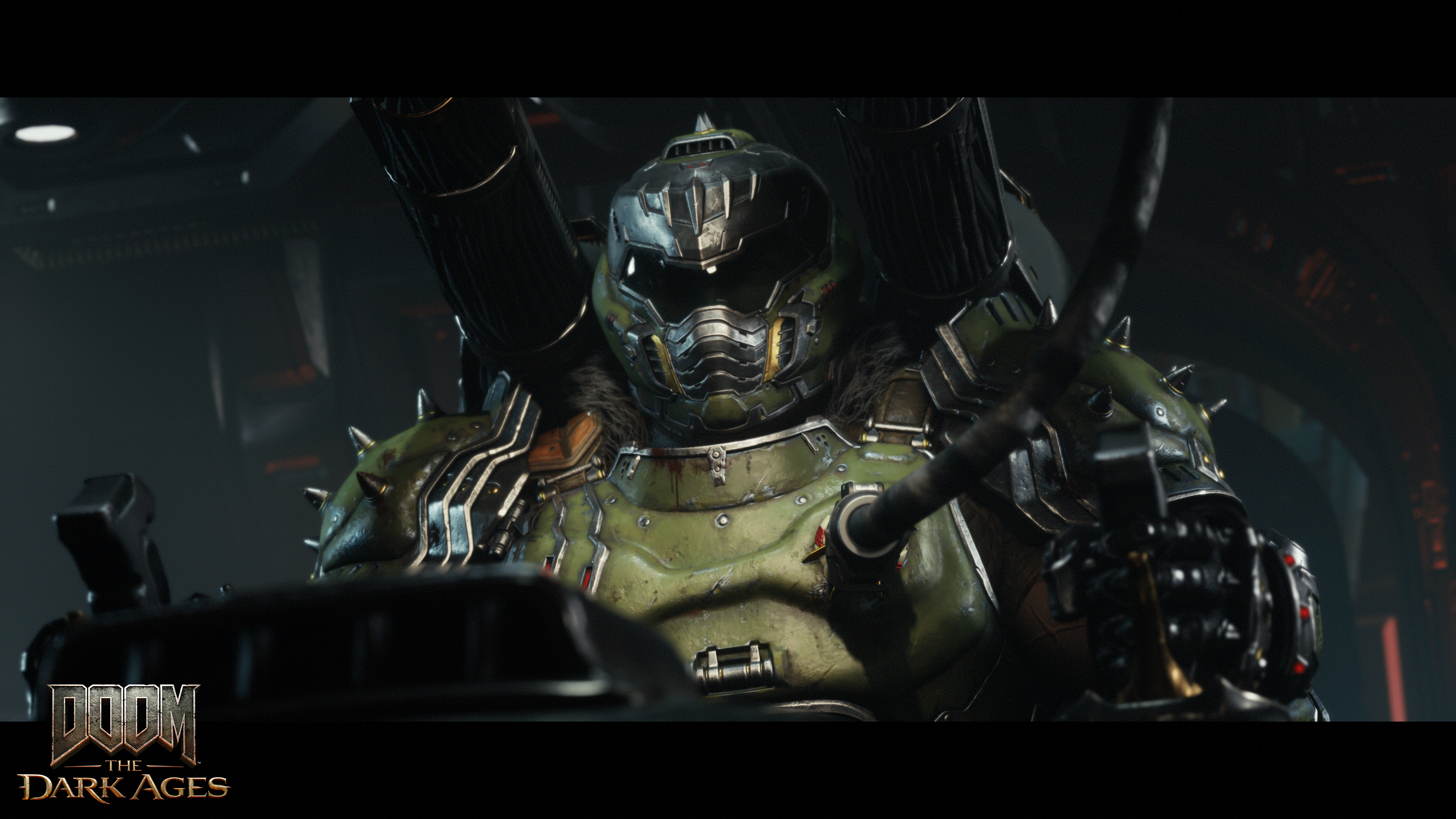

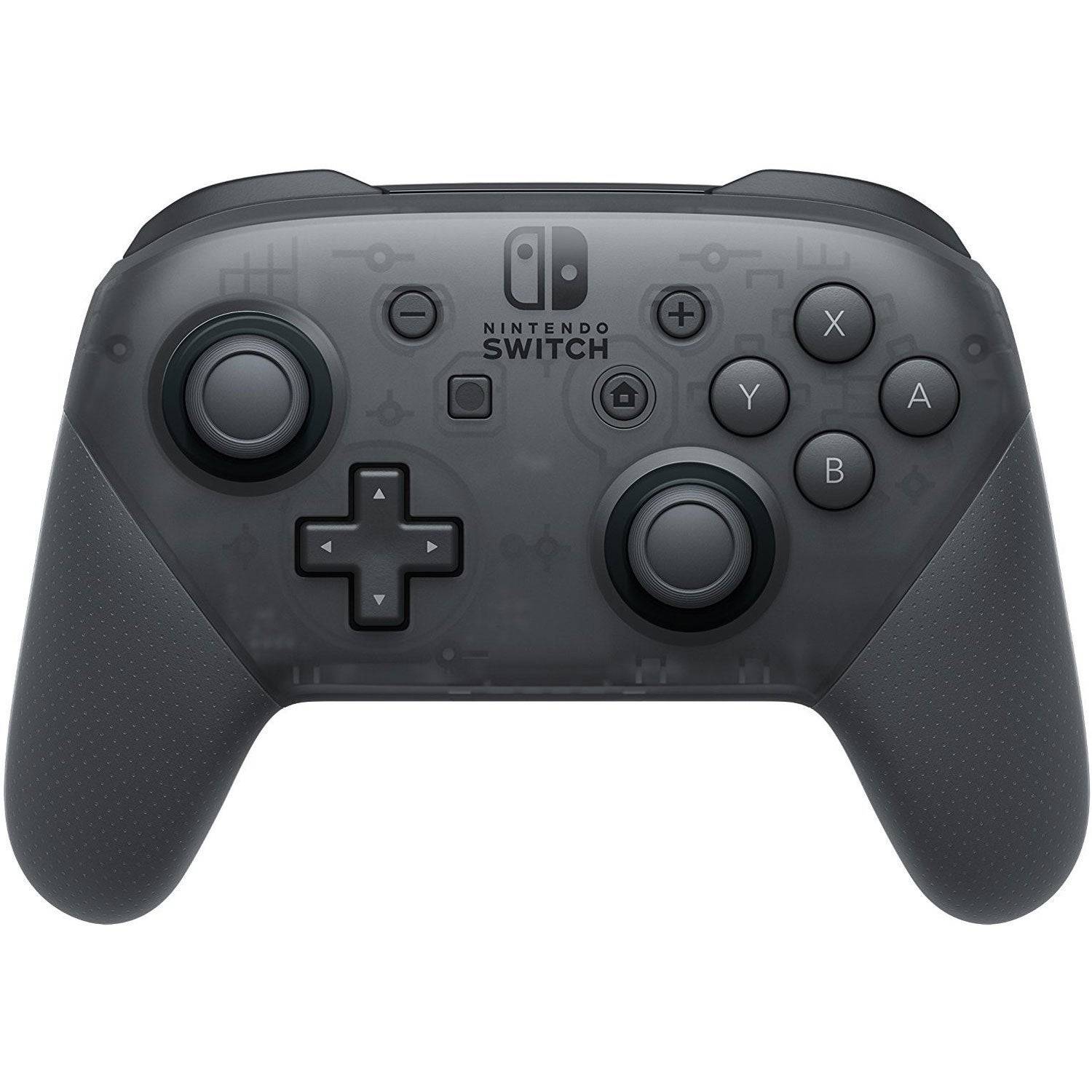






![A Wife in Venice – New Version v2 [EROTIC DROP]](https://images.737c.com/uploads/87/1719599007667eff9f43e90.jpg)
